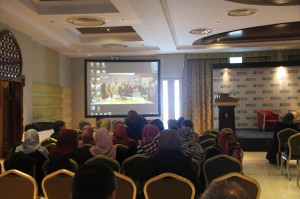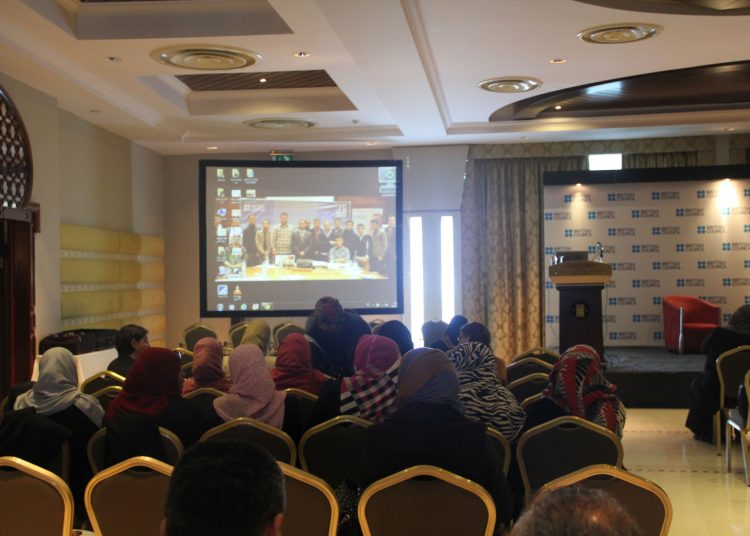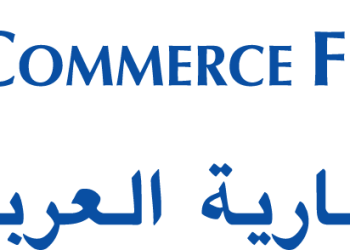By Nadia El-Ahmar.

Tripoli, 2 March 2013:
The British Council launched an organised and promising social development projects event on Wednesday 27th at . . .[restrict]the Corinthia Hotel, Tripoli.
Around 150 eager adults and youth, both men and women, attended the event, including staff from the British embassy in Tripoli.
The British Council, which is a UK international charity organisation, aims to strengthen understanding and trust between different cultures, creating more inclusive societies. The organisation works closely with groups in society that have a strong influence on cultural relations.
The British Council obtains funding contributions from the Foreign Common Wealth Office and sponsorship from different organisations.
Mohammed Shawish, British Council Programmes manager told the Libya Herald, “We want emerging NGOs to make the change they want to see”, adding that, “this is an ongoing project in the MENA region, South East Asia, Eastern Europe and in the UK.”
Mohammed Shawish also hopes for women’s rights, “not just in the short term, but also the long term.”
Two programmes launched were Active Citizen and Women in Public Life. Active Citizen, targeting particularly youth groups, women’s groups and cultural groups, aspires to encourage people to recognise their potential to contribute to their communities peacefully and effectively, at both a local and international level.
The Women in Public Life project endeavours to build confidence, skills and experience among women and support their active involvement in public life including national and local political processes in Libya. To accomplish this, Train the Trainers workshops for a core group of women will be taking place in different communities across the country.
The partner organisation had a chance to talk about their involvement in the two programmes, Active Citizen and Women in Public Life. Numerous social development project teams also had an opportunity to showcase their projects at the event.
Guests enjoyed tea, coffee and sweet dishes before being welcomed by Justin Kernot, British Council Acting Director, who “aims to enhance the skills and ability of Libyan society”, Dr Abdulrahman Arebi, Ministry of Culture and Civil Society and Dr Farida Al Alagi, Director of The Forum for supporting Civil Society Organisations.
Dr Al Alagi points out, “Libyan people have religion; they fast, pray, and perform Hajj. Now what they need are houses, health care and employment for the youth.”
Subsequently, H2O Youth Organisation, Association of Women’s Affairs, Alliqa Foundation, Tafot N Tilli Association, Bokra Youth Organisation, The Civil Society Coordinating Organisation and the Libyan Youth Movement had duration of 10 minutes to present their plans to the audience, with a question and answer session to conclude.
One plan of the H2O Youth Organisation is for internet access to be provided to areas of Libya that are currently without it. The final goal is for the whole of Libya to be connected. The organisation is also hoping to offer internet training workshops for teachers, in which the knowledge will then inevitably be passed on to students. This is to ensure future electronic governance. Another plan is to ensure governmental accountability by having a monthly report written on the governmental actions and decisions taken.
Association of Women’s Affairs organisation sent 20 women to Egypt for duration of one week to take a social development course. Their ultimate goal is to promote women in the public sphere and break the so called glass ceiling in Libya.
Bokra Youth Organisation which is based in Benghazi aims to build confidence and encourage young people to engage in politics, economics and social development. The organisation initially ran small workshops, but is gaining more success with the help of the British Council.
Taha Khalifa Sultan, from the Bokra Youth Organisation said, “change in Libya will come by building confidence in the youth.”
Youth unemployment has been an ongoing problem in Libya. Before the revolution Libya was struggling with an unemployment rate of 30% overall most of which are youth, and now it is much higher. [/restrict]







